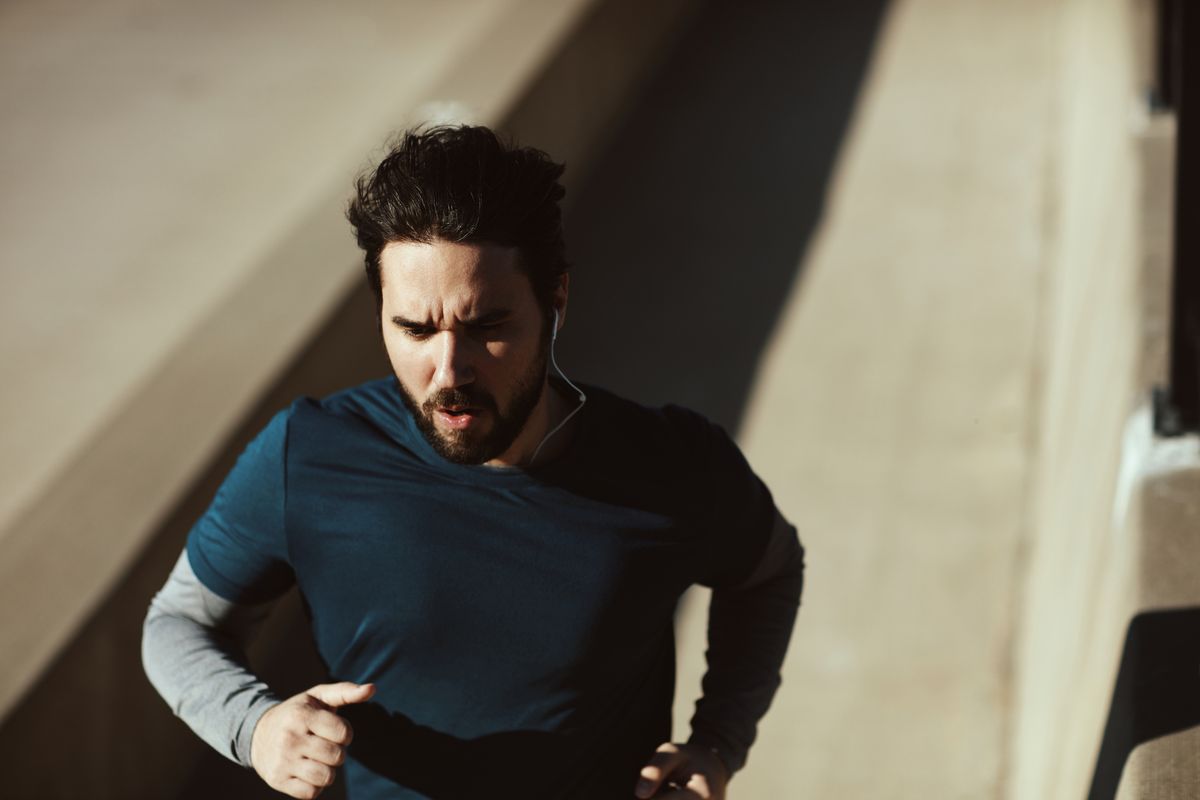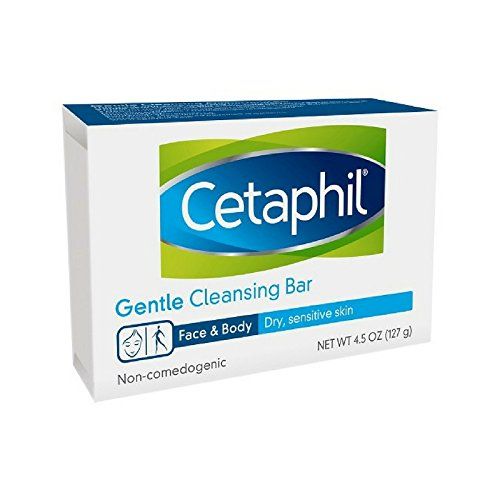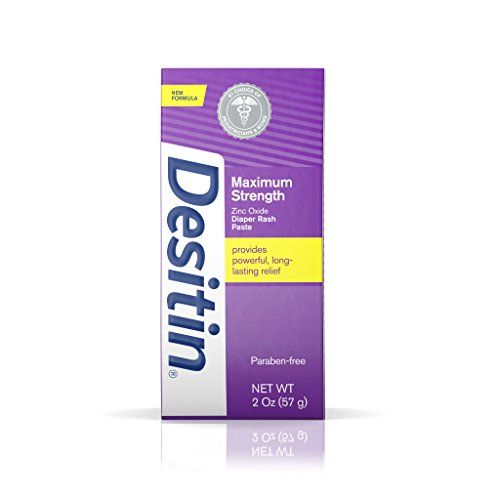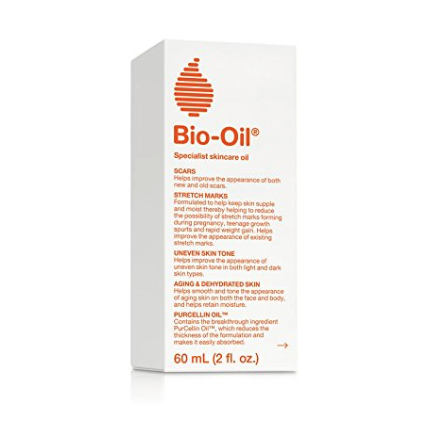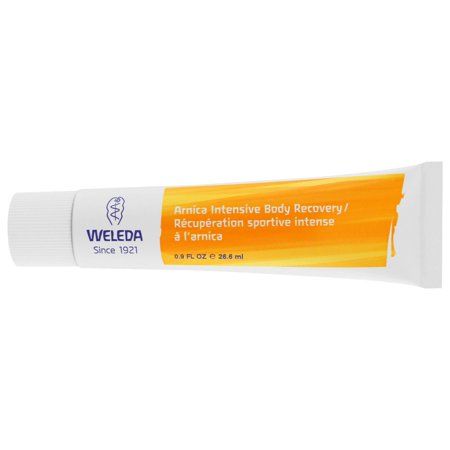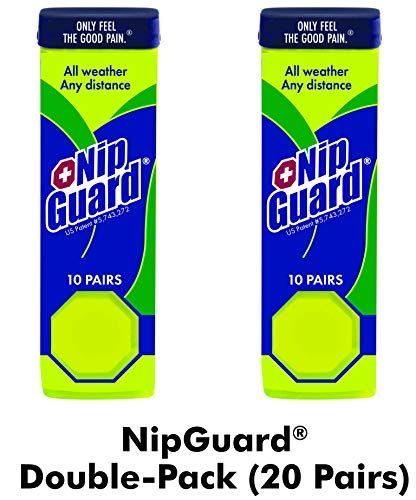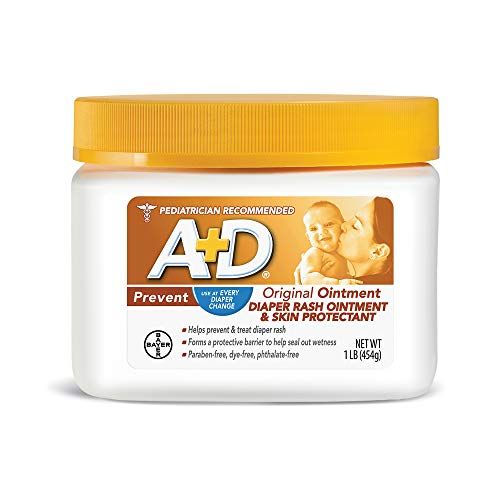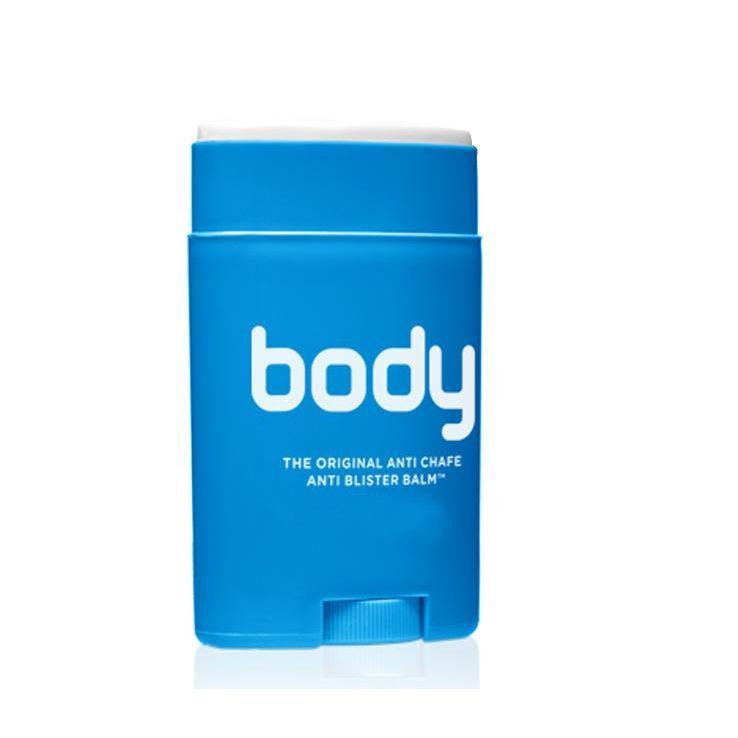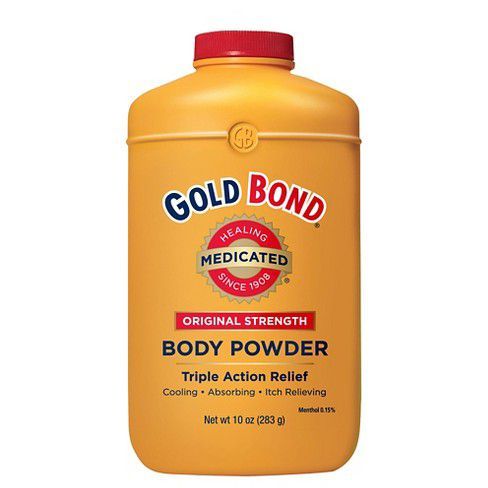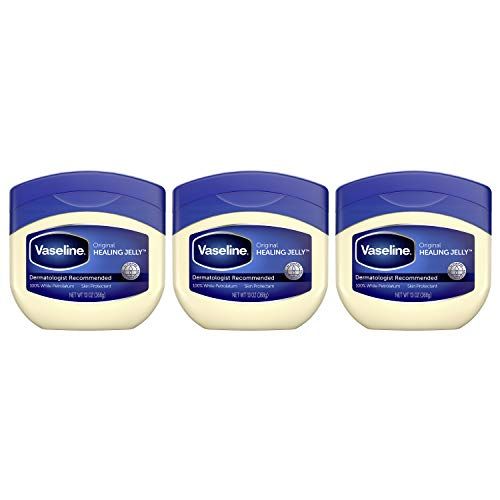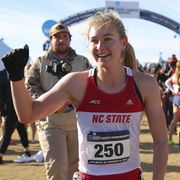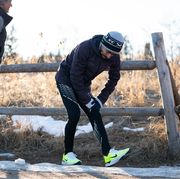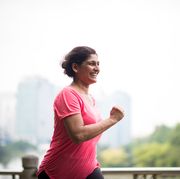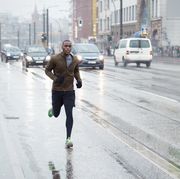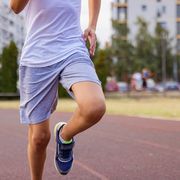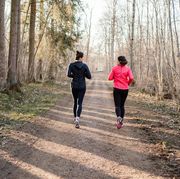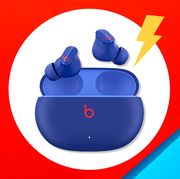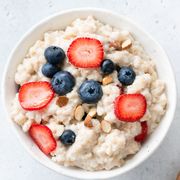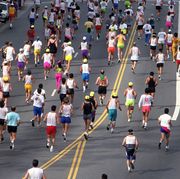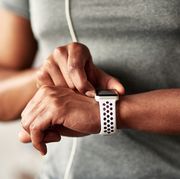Ever experience nipple chafing so painful after a run that your chest feels like it’s been brushed against a cheese grater? Or cross a finish line, realizing that the spectacle of your blood-streaked shirt is eliciting horror from spectators?
Chafing, a runner’s rite of passage, is the result of friction that occurs when skin rubs against itself or clothing. As anyone who has endured an excruciating postrun shower on freshly grazed skin knows, prevention is all-important.
Unfortunately, this is not an uncommon experience among distance runners. With tips from Dr. Jordan Metzl’s Running Strong, here’s what you can do to help alleviate this painful experience of bloody nipples and other types of chafing. (Plus, keep reading for more tips on how to pic
What to do
- When you feel your nipples chafing against your shirt, take your shirt off (if you can). If that’s not an option, you can pull your shirt away from your nipples, but clearly this isn’t the most efficient way to run, and if you are competing in a race, you will probably choose to endure the discomfort to the finish.
- After the race, clean your chafed nipples with hydrogen peroxide, which will, yes, sting like crazy and might incite you to spew some not-for-print language. Next, apply some antibiotic ointment and cover your wounds with an adhesive bandage or gauze secured with tape.
Prevention
We have one word for you—protection. You can try using a waterproof adhesive bandage across each nipple, but sweat might make them come loose. I have found that some of the newer soft-fabric products work better. If you want the gold standard for those monster male nipples that are tough to protect, we recommend NipGuards. These bad boys are small, round adhesive pads that cover your nipples. You should be able to find them at your local running store. Pack a few extras in case they come off in the middle of your run or race.
They are made to last for one workout or a race—even a triathlon or marathon. Some runners simply put Band-Aids over their nipples before heading out for a run.
Another option is BodyGlide, a lubricant made especially for athletes that reduces friction in areas prone to chafing like nipples, thighs, and underarms. It looks like a stick of deodorant and you apply it directly to the the skin in all those “high-risk” places before a workout. Petroleum jelly can also be helpful.
More ways to avoid chafing
1. Ditch cotton: It absorbs sweat and stays wet. Wear synthetic, sweat-wicking fabrics. The layers of clothing closest to the skin should be a moisture-wicking fabric, delivering sweat away from the body and minimizing rubbing or irritation.
2. Go seamless and tagless: Seams and tags on a T-shirt or bra can cause irritation.
3. Get a proper fit: A too-snug sports bra can dig in; the excess material of a baggy T-shirt can rub you raw. Make sure you choose underwear, socks and base layers with an ergonomic fit, that's just right. Loose-fitting garments, combined with sweat will increase the chances of rubbing. That said, our feet can swell when running, particularly in hot weather, so it’s good to wear apparel with a certain amount of give. Check the materials for the presence of elastane which will indicate this.
4. Protect your legs: Compression shorts or running tights can protect your inner thighs from abrasions.
5. Cover ‘em up: Nipple protection is critical for men. NipGuards and plasters are common shields.
6. Get greasy: Apply lubricant to chafe-prone body parts. Vaseline is a classic salve, and it’s cheap but it contains petroleum jelly, which might stain gear and can’t be used on neoprene wetsuits in a triathlon.
7. Hydrate: Fluids are so important to keep on top of. Not only to keep the body hydrated and functioning at its best, but also to reduce the risk of chafing. If you are dehydrated, your body is unable to flush salts away from your skin as easily. Drink lots of water before, during and after exercise, allowing you to perspire freely so the perspiration doesn't dry into salt crystals that can enhance the chafing.
8. Moisturize: Skin that’s well moisturized is less prone to chafing.
📹 Related video: Quick way to ease chafing
Jordan Metzl is a sports medicine physician in New York City. He’s the author of three bestselling books and the creator of the Ironstrength Workout, a functional fitness program for runners.
